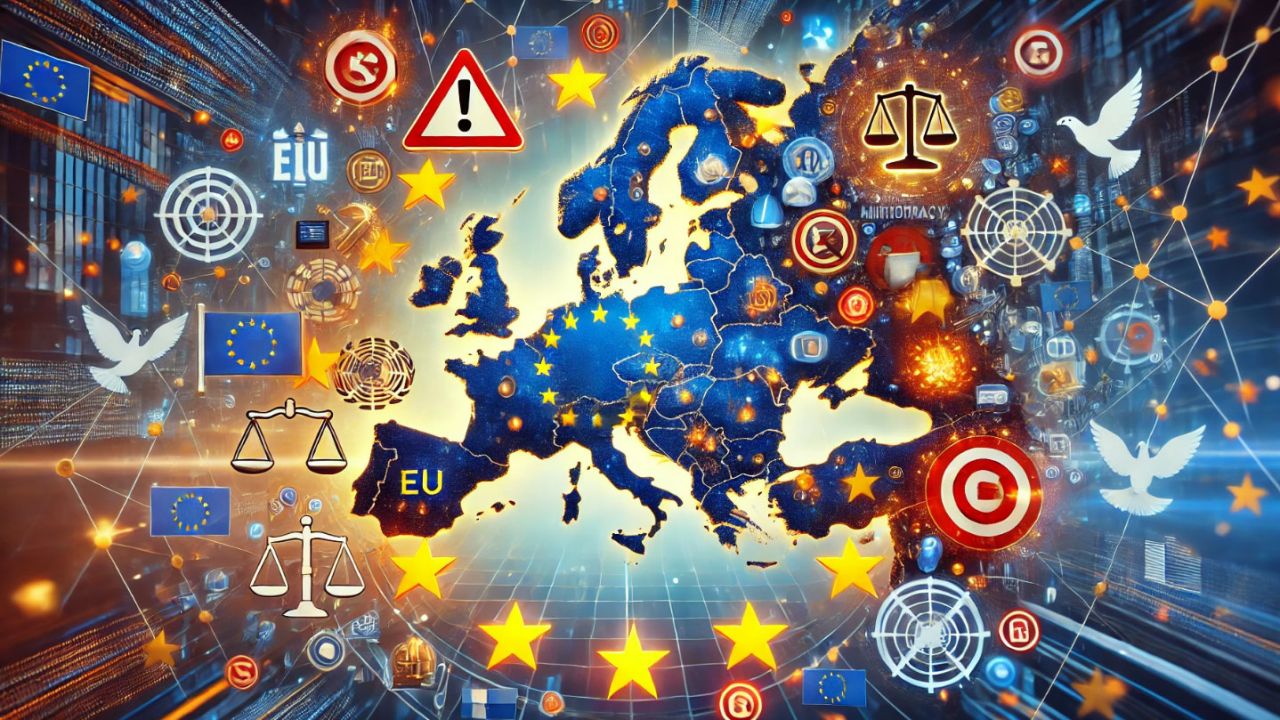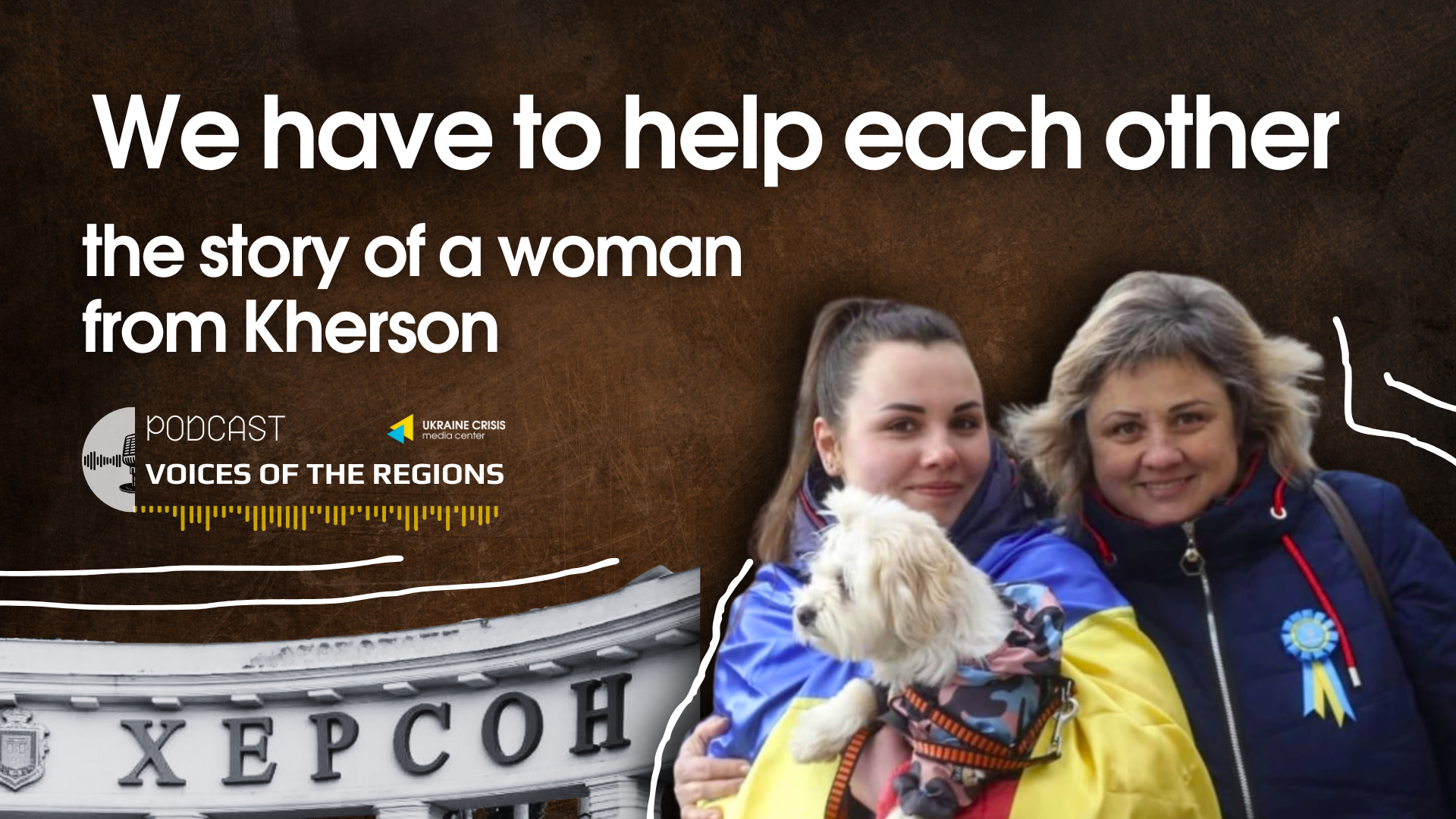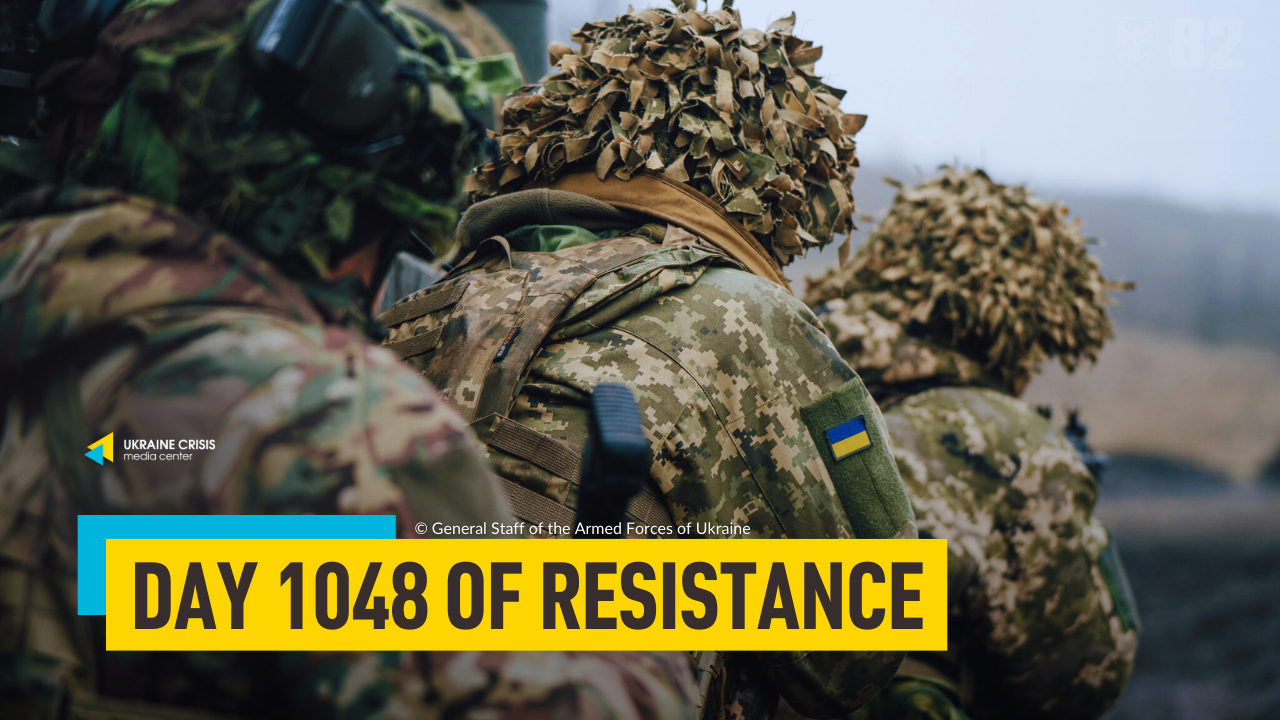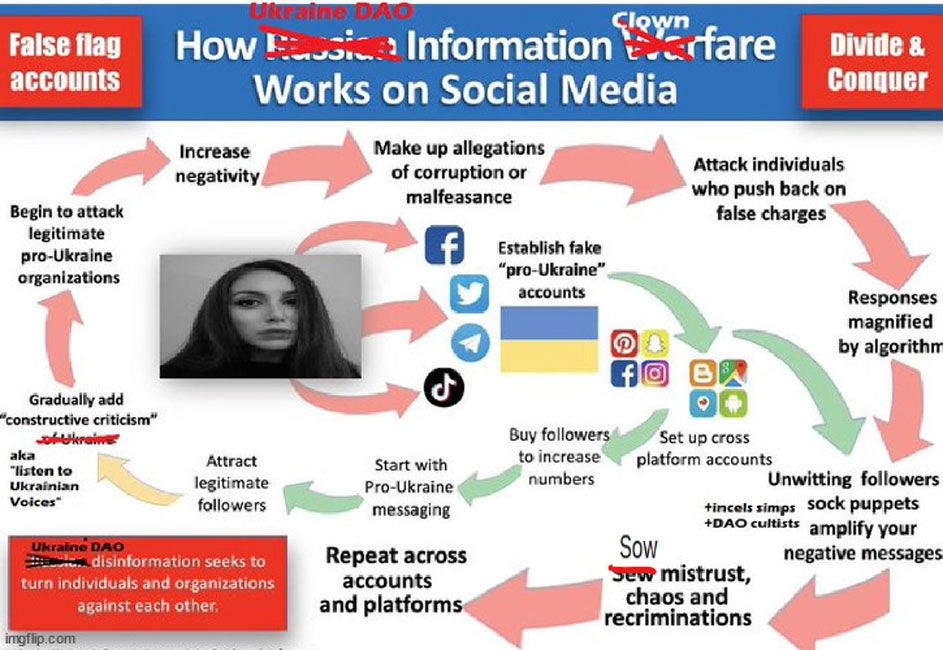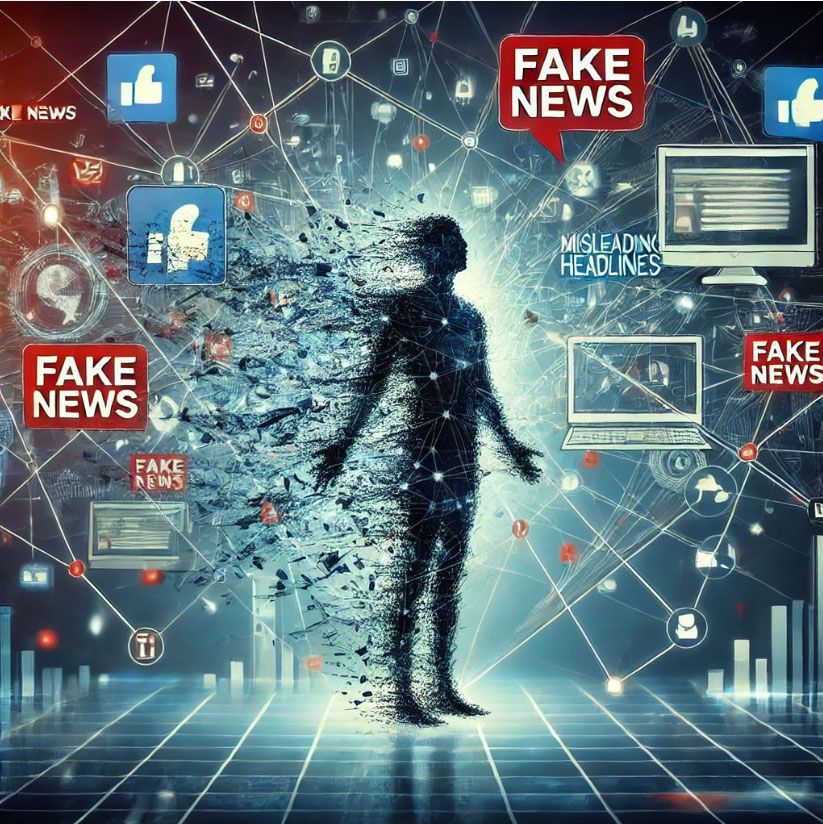The EU’s Unique Challenges
Diversity of Values
The EU is home to 27 member states, each with its own legal traditions, political systems, and cultural identities. This diversity is a strength, fostering innovation and inclusivity, but it also presents challenges.
Maintaining a unified commitment to democratic principles requires balancing local autonomy with adherence to shared values.
For example, the EU Charter of Fundamental Rights serves as a cornerstone for these shared values, guaranteeing rights such as freedom of expression and equality across the Union (European Commission, 2023).
Emerging Threats
Populism and authoritarianism have gained traction in some member states, leading to concerns about the rule of law and democratic accountability.
These trends have exacerbated tensions between EU institutions and member states, weakened judicial independence in certain regions, and eroded public trust in democratic governance.
Such developments risk fragmenting the EU’s commitment to shared democratic standards.
Scholars such as Jan-Werner Müller argue that militant democracy is essential in addressing such challenges, as it empowers institutions to act decisively against anti-democratic actors (Müller, 2016).
Transnational Governance
The EU’s supranational structure necessitates mechanisms that transcend national differences while respecting subsidiarity, the principle that decisions should be made as locally as possible.
For example, the EU’s management of climate policy demonstrates this balance, where overarching environmental standards are set at the EU level, but individual member states retain flexibility in implementation, ensuring that local contexts are considered.
Militant democracy provides a framework for defending core democratic values across this complex system, ensuring that fundamental rights are protected even in the face of local deviations.
Militant Democracy as a Unifying Framework
Core Democratic Principles
At its heart, militant democracy seeks to protect essential democratic values—the rule of law, human rights, and freedom of expression—from internal threats. These principles are deeply embedded in the EU’s foundational treaties, including the Treaty of Lisbon and the Charter of Fundamental Rights.
By emphasizing these shared values, the EU can maintain cohesion among its member states.
Checks on Authoritarian Drift
The EU has institutionalized militant democratic measures to curb authoritarian tendencies. For instance, the activation of the Rule-of-Law Mechanism in 2020 linked EU funding to democratic compliance, reinforcing accountability and highlighting the Union’s commitment to shared values.
Similarly, Article 7 of the Treaty on European Union, while politically sensitive, allows the EU to sanction member states that violate its core values, underscoring the challenges of enforcement and diplomacy (Treaty on European Union, 1992).
While invoking Article 7 has proven politically sensitive, it underscores the EU’s commitment to safeguarding democracy (Treaty on European Union, 1992).
Enhancing Global Credibility
By embodying militant democratic principles internally, the EU enhances its legitimacy as a global advocate for democracy and human rights. This legitimacy is crucial in its external relations, particularly in promoting democratic norms in neighboring regions.
Tools for Local Implementation
Legal Mechanisms
The EU’s legal framework provides robust tools for enforcing democratic principles. For example:
- European Court of Justice (ECJ): The ECJ ensures that member states comply with EU laws and values, acting as a judicial safeguard against democratic erosion.
- Rule-of-Law Mechanism: Introduced in 2020, this mechanism links EU funding to adherence to democratic standards, creating financial incentives for compliance (European Commission, 2020).
Funding and Conditionality
The EU’s budgetary mechanisms play a pivotal role in promoting compliance. Member states that undermine democratic norms risk losing access to EU funds, a significant deterrent against authoritarian policies.
Civil Society Support
The EU supports civil society organizations, which play a vital role in promoting democratic resilience.
Initiatives such as the Citizens, Equality, Rights, and Values (CERV) program provide funding and resources to grassroots organizations (European Commission, 2023).
Addressing Diversity within a Militant Democratic Framework
Balancing Unity and Autonomy
Militant democracy must navigate the tension between unity and diversity. This tension has manifested in cases where member states have resisted EU oversight on issues such as judicial reforms, arguing for national sovereignty, while the EU has emphasized adherence to shared democratic standards.
For example, debates over the Rule-of-Law Mechanism illustrate how this balance is contested, with some states viewing it as a vital tool for accountability and others perceiving it as overreach.
While member states have leeway in implementing democratic measures suited to their contexts, certain red lines—such as judicial independence and media freedom—must be universally upheld.
Cultural Sensitivity
Adapting militant democratic principles to local contexts enhances their legitimacy.
For instance, the EU’s approach to media regulation differs across member states, reflecting cultural and historical differences while ensuring adherence to fundamental principles.
Case Studies and Lessons Learned
Responses to Democratic Backsliding
Recent challenges within the EU highlight the need for robust mechanisms like Article 7 and the rule-of-law conditionality, which serve as deterrents against further democratic backsliding (European Parliament, 2023).
Populism and Digital Authoritarianism
The EU’s actions against disinformation and hate speech exemplify how militant democracy can adapt to modern challenges.
Programs such as the European Digital Media Observatory (EDMO) aim to combat online threats to democracy (EDMO, 2023).
Conclusion: A Democratic Compass for the EU
Militant democracy offers the EU a robust framework for defending its foundational values while respecting the diversity of its member states.
By establishing overarching principles and mechanisms, it equips the Union to tackle contemporary challenges such as AI-driven disinformation and external authoritarian influence, alongside addressing democratic backsliding and protecting fundamental rights.
This approach not only secures the EU’s internal integrity but also bolsters its position as a global leader in democracy and human rights.


